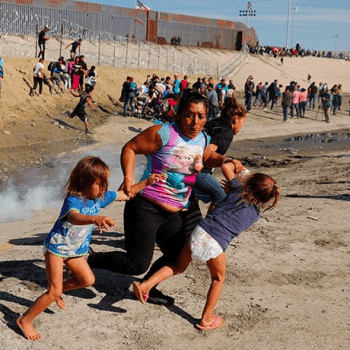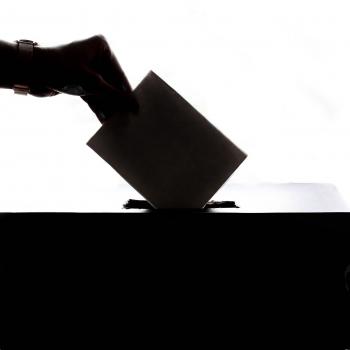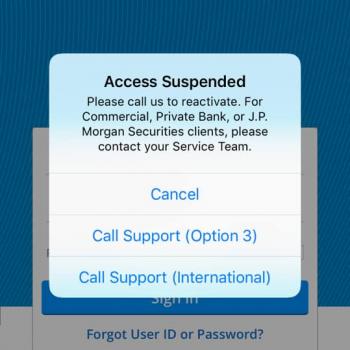One hundred years ago today, a baby boy was born in South Africa. He was named Rolihlahla, which meant “troublemaker” in the local dialect. No one could have guessed how much he would suffer for making “trouble” as he worked to dismantle segregation and apartheid. No one could have guessed how he would change the world.
Nelson Mandela was arrested for his efforts to end segregation in South Africa. Initially jailed for five years, his sentence turned into twenty-seven years behind bars. One of his children died, and his mother died, and he wasn’t allowed to attend their funerals. He contracted tuberculosis. He was kept in solitary confinement for much of his sentence.
In 1985, he was offered early release if he agreed to stop opposing the all-white political party. He declined, keeping to the words he’d spoken at his trial, that equality was “an ideal for which I am prepared to die.”
While he was in prison, Mandela often recited the poem Invictus by William Ernest Henley, which reads in part,
Twenty-seven years after he was arrested, Mandela was finally released. He was 71. His head was, indeed, bloodied but unbowed.
There are several understandable and justifiable responses we could have if we were unjustly incarcerated for 27 years and released from prison in the sunset of our lives.
We could retreat in absolute exhaustion.
We could dedicate our remaining days to enjoying all the pleasures we’d been denied during our incarceration.
We could be angry as hell, seeking retribution in any way possible.
But Mandela didn’t do any of those things.
Somehow, even though he was in his 70’s, he was brimming with energy and ideas.
Somehow, even though he had been mistreated and wrongly imprisoned and missed family deaths and weddings and funerals, he wasn’t bitter.
Somehow, even though he had been seemingly defeated by his enemies, he rose again. And he invited his fellow South Africans — black and white, friends and enemies alike — to rise with him.
***
The lives of the heroes who show us a better way — Nelson Mandela, Martin Luther King Jr, Dorothy Day, and Jesus himself — also remind us that justice is not an easy road.
They remind us that people who oppose an unjust system are misunderstood, vilified, crucified.
They remind us that justice doesn’t happen in an instant. It happens over years, decades, lifetimes.
They remind us that justice doesn’t happen by accident. It happens when faithful, determined people decide they’d rather die than give up.
They remind us that we’re called to love our enemies, even while vigorously opposing the injustice they’re committing.
They remind us that we rise together, all of us, black and white, male and female, citizens and immigrants, or we do not rise at all.












